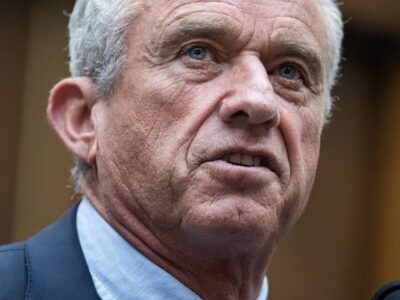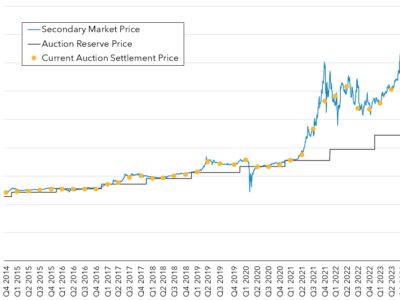Bad Few Months for Climate Science
The bad news for efforts to persuade the public and policy makers that climate change is happening and is human-caused continues. Since the revelation that hackers were circulating emails from climate scientists from the University of East Anglia, two new developments promise to stoke skepticism about climate science and scientists even further. The first is news that a claim about the shrinking of Himalyan glaciers contained in the IPCC 2007 assessment is false. The second is a finding by Britain’s Information Commission that the same scientists at the University of East Anglia whose emails were hacked broke the law in refusing to answer Freedom of Information Act requests from climate skeptics about climate data.
The IPCC report — the report for which the IPCC was named a co-winner of the 2008 Nobel Peace Price — contains the following statement:
Glaciers in the Himalayas are receding faster than in any other part of the world and, if the pace continues, the likelihood of them disappearing by 2035 and perhaps sooner is very high.
The IPCC report further explains that “very high likelihood” means scientists believe the claim is accurate with 90 percent certainty. The problem? The statement is untrue. And this in a report that was reviewed multiple times by scientists around the world. Moreover, new evidence is emerging that IPCC head Rajendra Pachauri was told that the statement was false well before the Copenhagen summit yet didn’t acknowledge the error until after the summit’s conclusion and only after facing media pressure.
The East Anglia Freedom of Information Act imbroglio is at least as troubling. The head of the East Anglia Climate Research Unit apparently told a colleague that he had persuaded university administrators to ignore FOIA requests from the creator of a climate skeptic website. He won’t be prosecuted for the violation because the statute of limitations has run. But the damage to East Anglia’s credibility — and to efforts to explain climate science to a skeptical public — is likely to be huge.
It’s easy to want to ignore these news items or to downplay them, especially given that they in no way undermine the overall scientific evidence of climate change. Moreover even though the Himalayan glaciers won’t disappear by 2035, they are, in fact, retreating. But the damage in my view is nevertheless real, and large, and has to be taken seriously if public support for climate change policy means anything. So what, if anything, should be done? I don’t think it’s enough to simply keep reiterating that the scientific evidence of climate change is overwhelming (though that needs to be said). Scientists and policy advocates and policymakers also need to acknowledge that scientists sometimes make mistakes, that the process of scientific inquiry should be transparent and open and make room for debate, and that scientific knowledge about something as complex as climate predictions for the next number of decades contain uncertainties and nuances. I also think that one particular argument that Dan Farber often makes is an important one that seems to get lost in the never ending debate about climate science: that the risk of really huge catastrophic events, even if small or uncertain, ought to make us act to reduce those risks even if we aren’t certain they’ll ever occur. To put the argument a different way, even the most ardent climate skeptics ought to worry about monumental catastrophe as a possibility and then ought to want to support efforts to reduce such risk.
Beyond those initial ideas, I don’t have great answers about how to stop or reverse the damage done by climate-gate and now Himalaya-gate. But we can’t ignore the damage and pretend it will go away.








Reader Comments